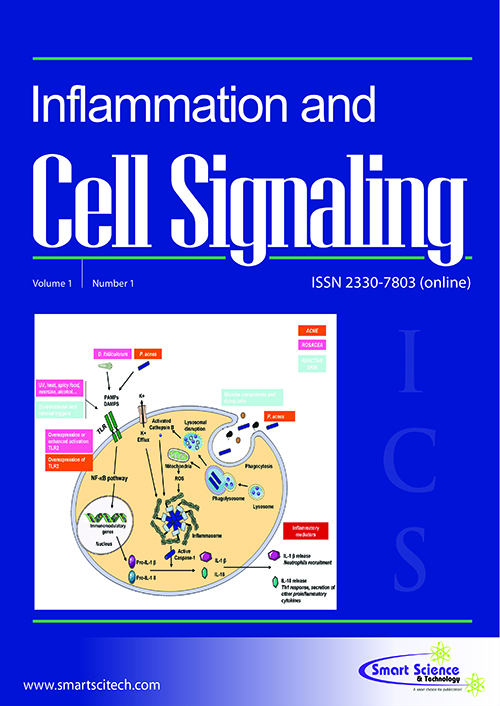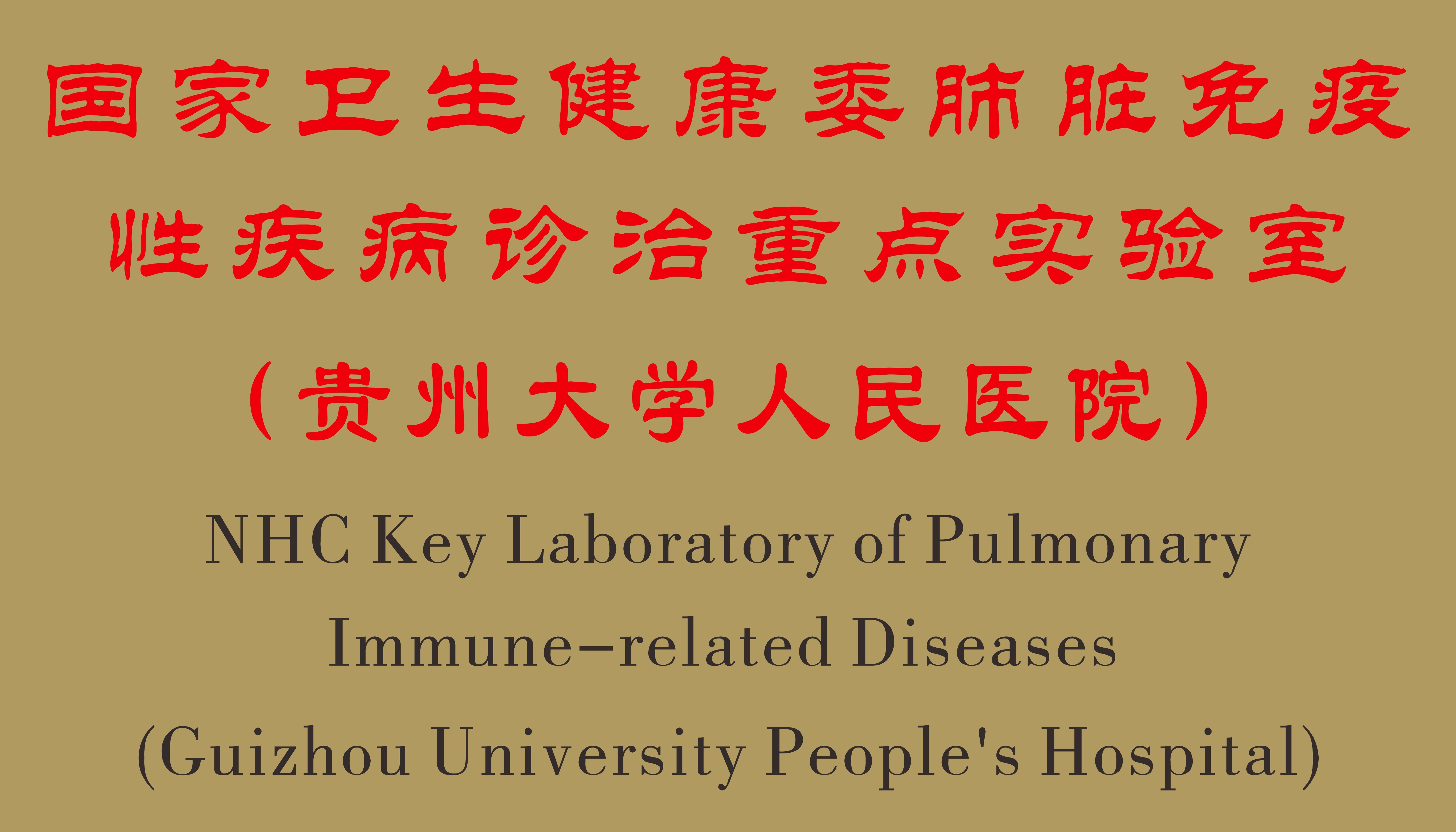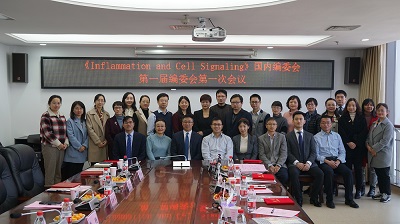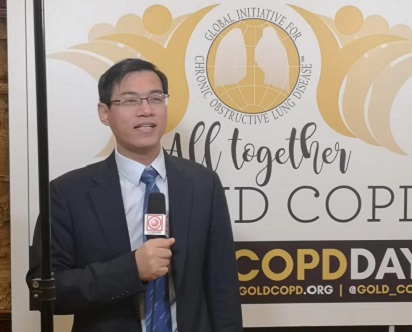Testosterone as a regulator of immune system via modulation of toll-like receptor 4/extracellular signal-regulated kinase signaling pathway
DOI: 10.14800/ics.1407
Abstract
There is a growing body of evidence supporting the immunomodulation effects of testosterone. Previous researches have focused on its direct blunt inflammatory effect on mediation of cytokines secretion through down-regulated expression of toll-like receptor 4 (TLR4). However, how testosterone modulates immune responses via mechanisms of TLR4 downstream molecules has not yet been elucidated. Recently, we have firstly confirmed that testosterone deficiency is the main reason that caused the exacerbate inflammation status in rat spleen. Orchidectomy in rats resulted in a markedly enhance of spleen weight (splenomegaly) and basal production of nitric oxide (NO) from splenocytes. Moreover, lipopolysaccharide (LPS) amplified proliferation rate of splenocytes and the production of tumor necrosis factor-alpha (TNF-?) following castration. Extracellular signal-regulated kinase (ERK) is a critical mediator of TLR4 cascades, and we further examined whether absence of endogenous testosterone affects ERK expression. As anticipated, orchidectomized rats manifested an increased phosphorylation of ERK. Furthermore, testosterone administration was demonstrated to be associated with a diminished LPS-evoked TNF-? and NO secretion in a dose-dependent manner. In the present study, we answered how testosterone withdrawal affects downstream signaling cascades of TLR4 and supports that testosterone might potentially ameliorate inflammatory responses. Our findings mention the possibility that testosterone functions might serve as a useful endogenous regulator of immune responses.














